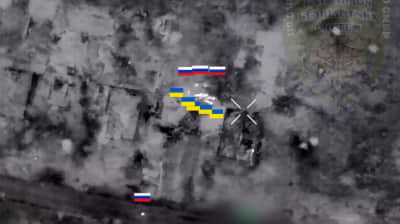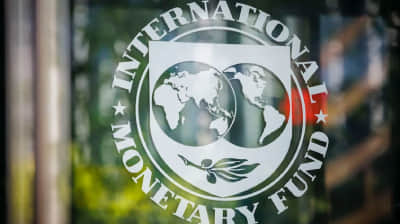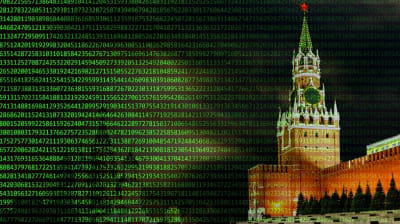Russia pays its army to fight in Ukraine through Gazprombank, which is still dodging sanctions – Skhemy
DANA HORDIICUK – TUESDAY, 28 JUNE 2022, 19:07
Russia pays salaries and bonuses to its servicemen who are fighting against Ukraine through Gazprombank, which is still evading serious Western sanctions, including being disconnected from SWIFT.
Source: an investigation by journalists from Skhemy (a Radio Svoboda project)
Gazprombank is now the only major Russian bank which is still evading wide-ranging Western sanctions. It is able to do this because payments from European countries for Russian oil and gas are made into its accounts.
Yet it is this bank that Russia’s Ministry of Defence uses to pay salaries and "combat bonuses" to its military forces that are waging the aggressive war against Ukraine. These servicemen are in various military units across Russia, and the bank’s cooperation with Russian army command is systemic.
The earliest confirmation that the journalists were able to find of the fact that Russian soldiers are paid their salaries via Gazprombank dates back to 2015.
The website of the 64th Motorised Rifle Brigade, located in the Khabarovsk region, mentions that military personnel receive cash benefits, i.e. their salaries, at this bank. Soldiers from this brigade participated in the full-scale invasion of Ukraine: people gave them the nickname "the Butchers of Bucha", and law enforcement officials are investigating their crimes against civilians.
The journalists discovered evidence that soldiers continued to receive such payments in subsequent years, right up until the full-scale invasion of Ukraine on 24 February. At the moment, Russian servicemen are receiving not just their salaries through this bank, but also so-called "combat pay", which is additional money for participating in the full-scale invasion.
When Skhemy asked Gazprombank to comment on its cooperation with the Ministry of Defence of Russia, there was no response.
Thus the bank which is accumulating European payments for oil and gas is being used as a "wallet" for paying wages to Russian soldiers who are participating in the aggressive war against Ukraine. Skhemy say they have outlined these facts in a letter to the EU Council and are waiting for comment.





